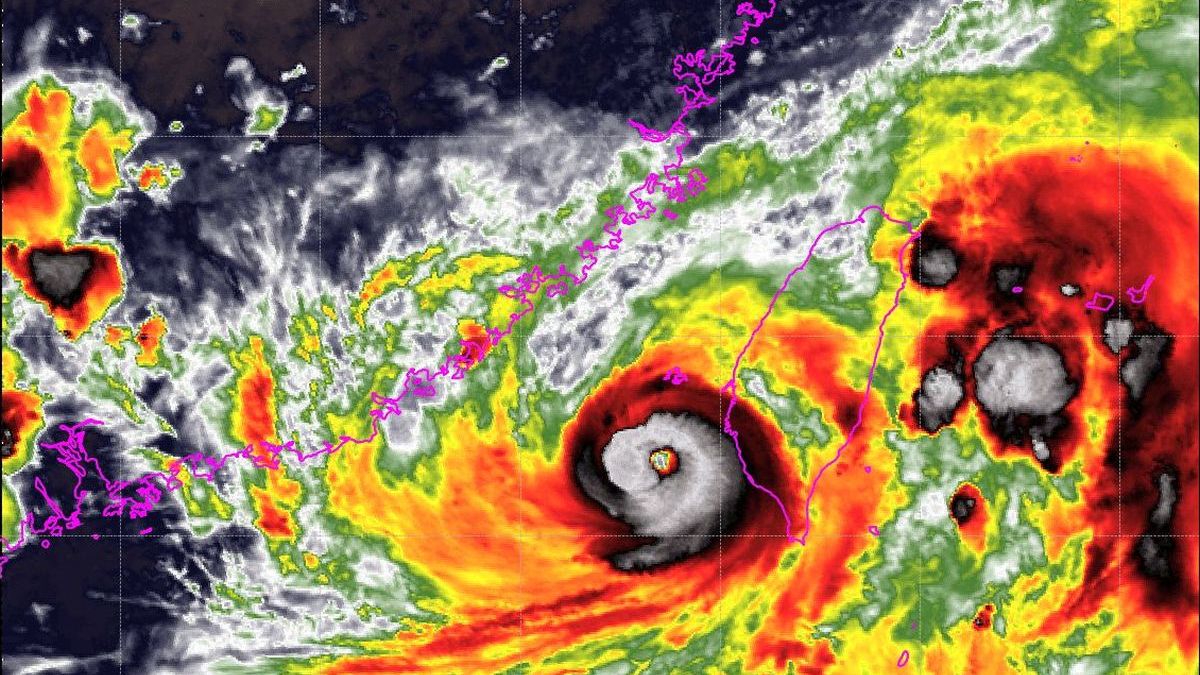The president of Ancap, Alejandro Stipaniciche advanced, in dialogue with Ambitthe strategy that manages the Uruguay regarding oil exploration in national maritime territory. The state leader considers that beyond the fact that this will be a work with short-term results, there must already be a State policy on where the dividends of an eventual discovery should go.
Today, 7 blocks are being explored where there are 60 prospects, of which 34 have the best evaluation. Even of that percentage, 10 prospects have a “geological risk” of 24%, which is considered in the world of oil exploration as a high possibility of success.
How many oil exploration blocks currently exist and how were they awarded?
– In 2019 Uruguay adopted a new bidding system for oil blocks, with blocks three times larger than the previous ones, and with lower requirements for companies that wanted to bid. There are seven blocks that are already assigned to oil companies.
The first oil company to appear was Bahamas Petroleum. A company that, precisely, as we had lowered the requirements to present itself and is smaller in the world of oil, bid and since it was the only one, it took the first OFF1 block. In May 2021, the offer ended up being finalized, which was signed a year later. Today we have seven blocks in the sea, which occupy the entire exclusive economic zone, in medium-depth, deep and ultra-deep waters. Those seven blocks were assigned to YPFto Apache Corporation already Shell.
What are the conditions of the agreement in case oil is discovered?
– We are using the same business model that was originally set in Uruguayback in the 70s, for the hydrocarbon law and which was reaffirmed after 2008-2009. Basically, the oil risk lies with the operating company. In the event of an oil or gas discovery, the Uruguayan State has the right to participate in a percentage established by the offer made by the oil company. In the case of the 7 blocks that we have assigned in the Uruguayan sea, the Uruguayan State, through Ancap, has the right to participate in up to 20%. This right means that Ancap could enter as a partner in the exploitation of that eventual deposit, taking charge of its percentage of what has already been invested and committing itself to the future.
The big difference and the great advantage that this has for the country is that Ancap would have to make the decision after the declaration of the site. In other words, when there is certainty that there is a deposit that is exploitable, from then on the risk assumed by the Uruguayan State would only be that of the operation. In reality, the country keeps almost 40% of what comes from that eventual deposit because Ancap’s participation is one thing and what the State is going to charge in the event of a discovery is another. Beyond taxes, some will be exempt for a time, others will pay. In addition to the economic activity generated by the development of a deposit, the State receives part of the operator’s profit.
In how many years will it be possible to have a result? Is it possible to know it already?
– If you had asked me this question when I took office in 2020 with that scenario, I would tell you: ‘look, we have to continue persevering, but for the next 15 years nothing will surely happen in Uruguay.’ What happened between 2020 and the present? Namibia. Four years ago no company was in the Uruguayan sea, now we have the entire sea covered by companies.
In 2026 the first well will be drilled. It is possible that between 2026 and 2029 there will also be a second or even third well. And it depends on the fate of those wells and how much they have interpreted what is analogous to what happened in Namibia and whether we will be able to find it. The theory says that we have the same geology, the issue is that the theory sometimes does not go very well with practice and drilling a well and finding exactly a deposit means having a precision that is not so simple working in geological terms. So, the news will surely emerge from 2026.
Is the Namibia-like scenario, then, possible?
– Yes of course. The scenario, for geological reasons, is identical to that of Namibia, which does not mean that we have an oil discovery. The oil may be there and we can find it. And if we find it, will it be enough or not? That’s what we should know.
What impact would it have on the Uruguayan economy if a discovery were made?
– From the point of view of the economy, the impact will be or would be completely significant. We are talking about 20% of the national budget in one or two deposits. It is a lot of money that you have to be wise in how to manage it. That is why we are proposing the creation of a sovereign fund that indicates that all profits from possible energy projects at sea are directly allocated to predefined budget items. Let it not be discussed when the money appears, but rather it should be discussed before, with enough time. A country like Norway. This extraordinary and very voluminous profit is destined for education, science, technology, the navy, the fishing industry.
Is there qualified labor in Uruguay, are we prepared for something like this?
– What is true is that even in Uruguay We do not have people trained in these issues. We are not used to managing in that world that is so, so big. The oil companies that operate in the country with their income could be able to buy all of Uruguay, they have income sometimes that is larger than the country’s GDP. That is the world we can get into, that is why it is good to advance the discussion. At most we will have wasted time discussing theoretical things and discussing illusions. But if it happens, we better be well prepared. And there is very little left for that.
Source: Ambito




